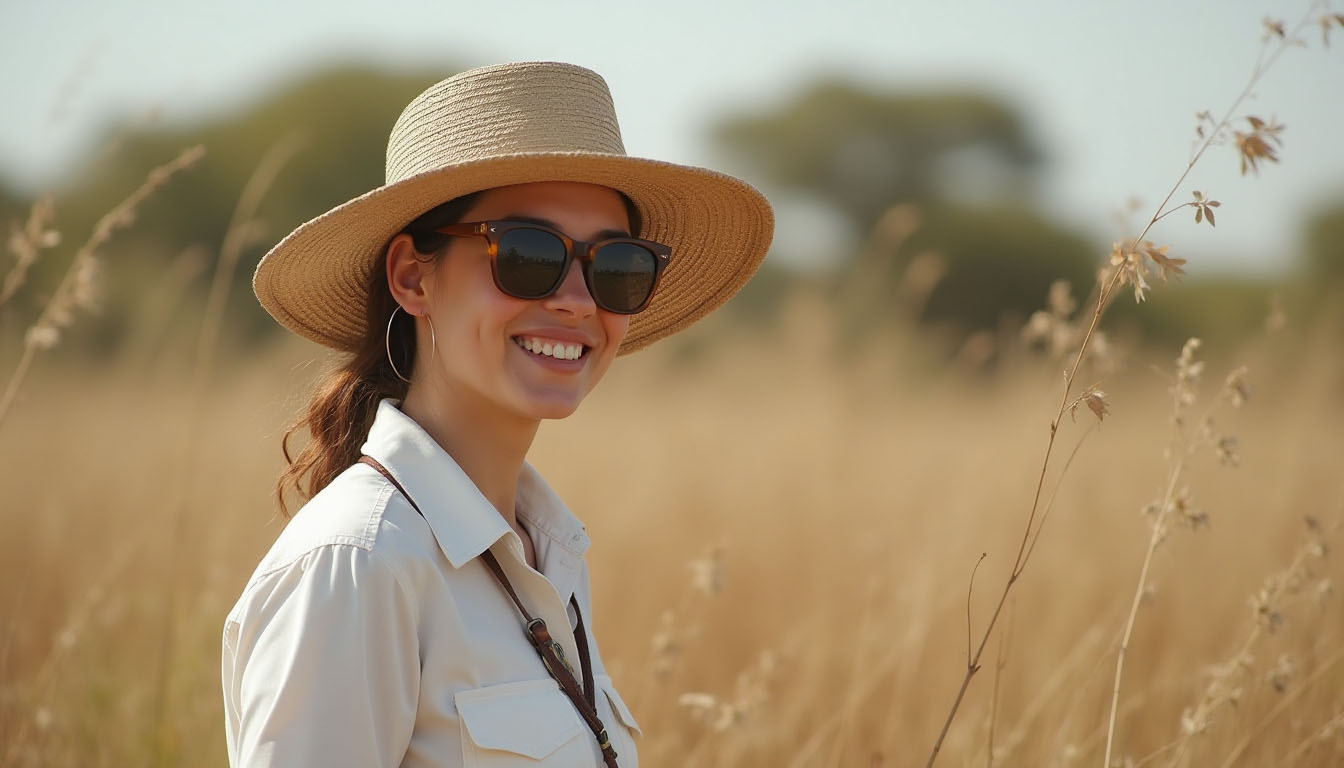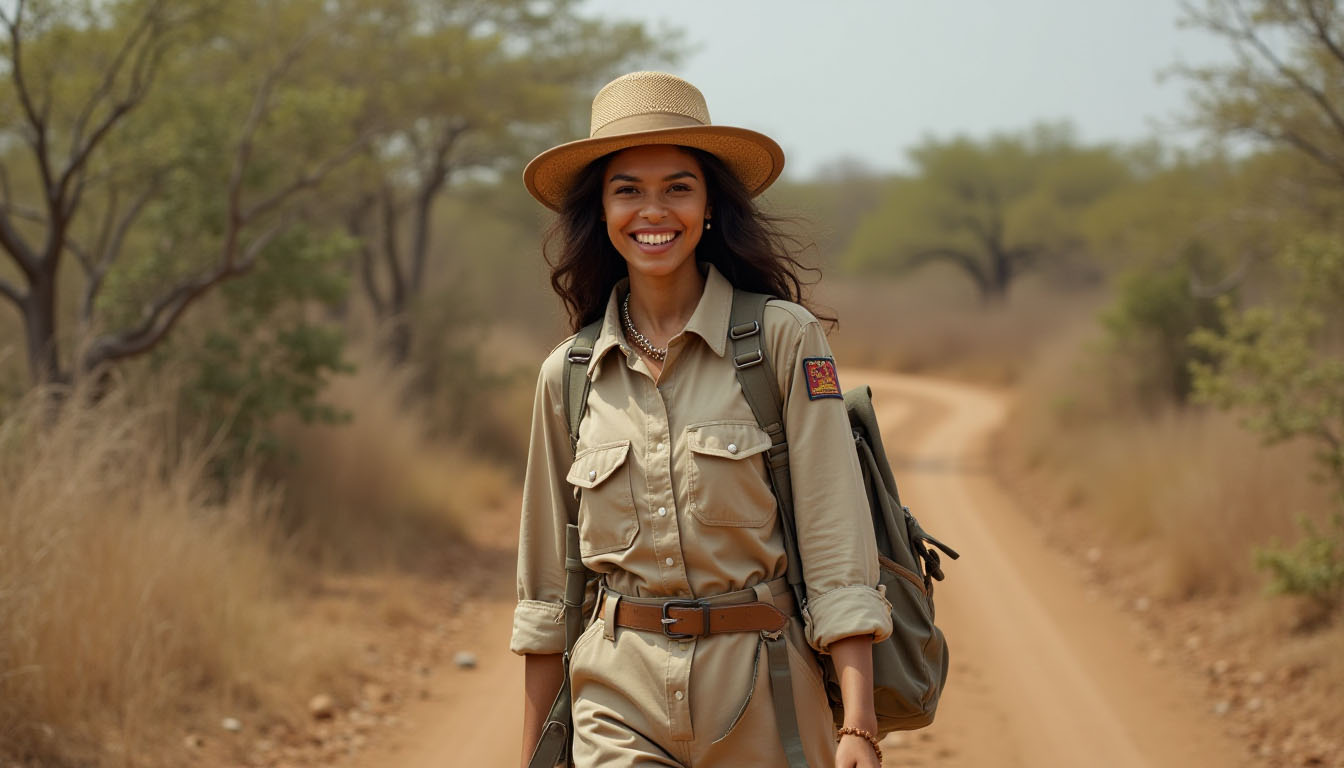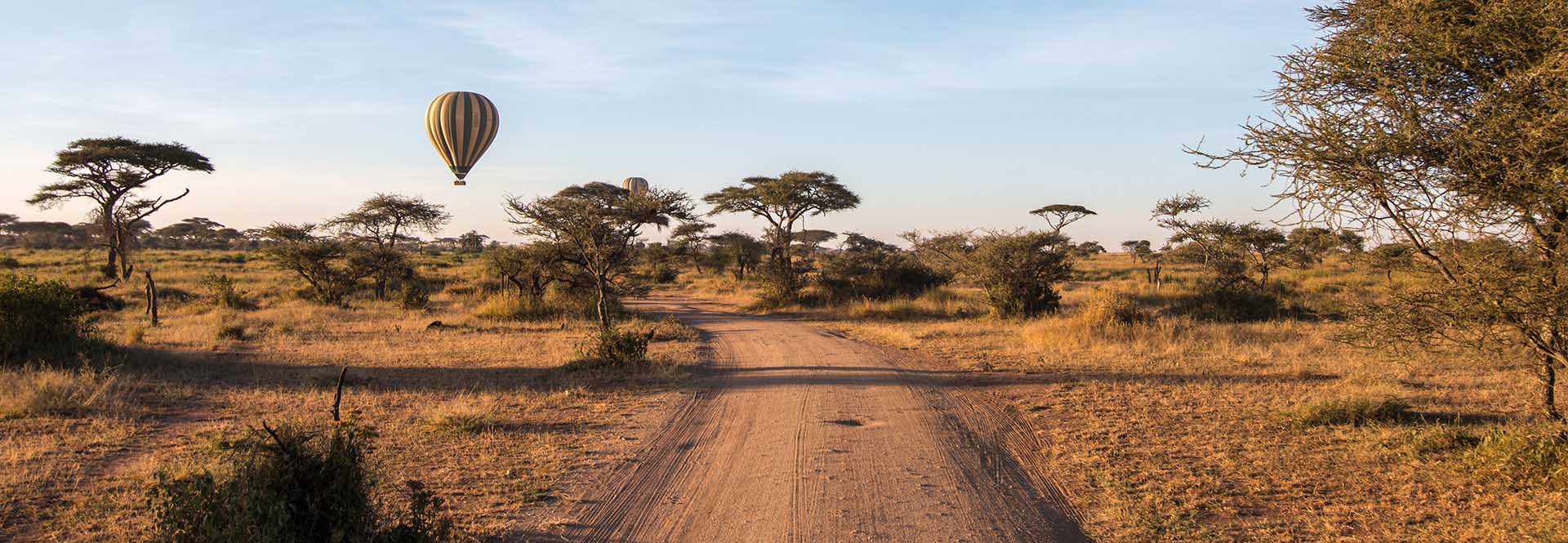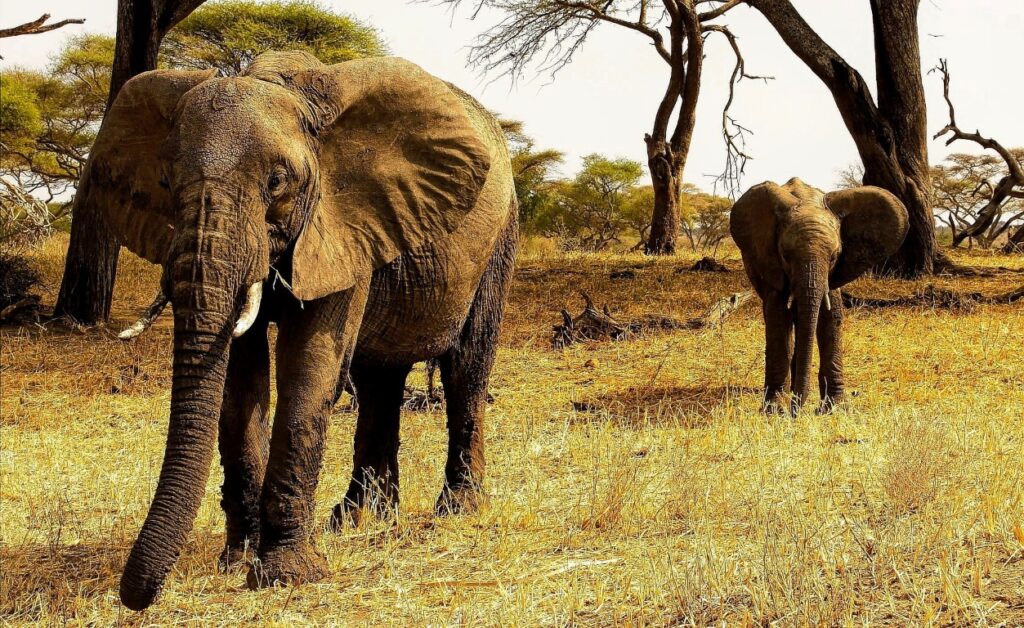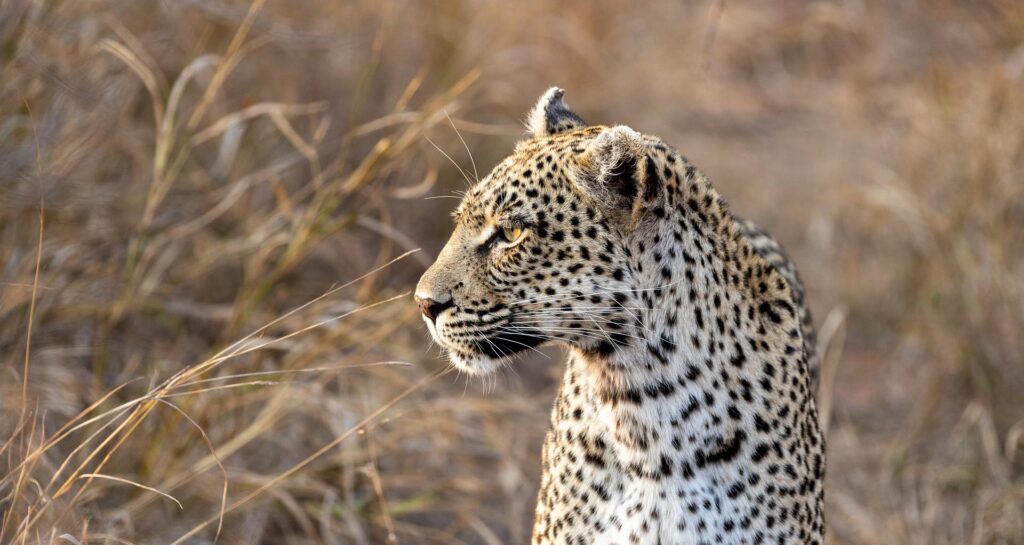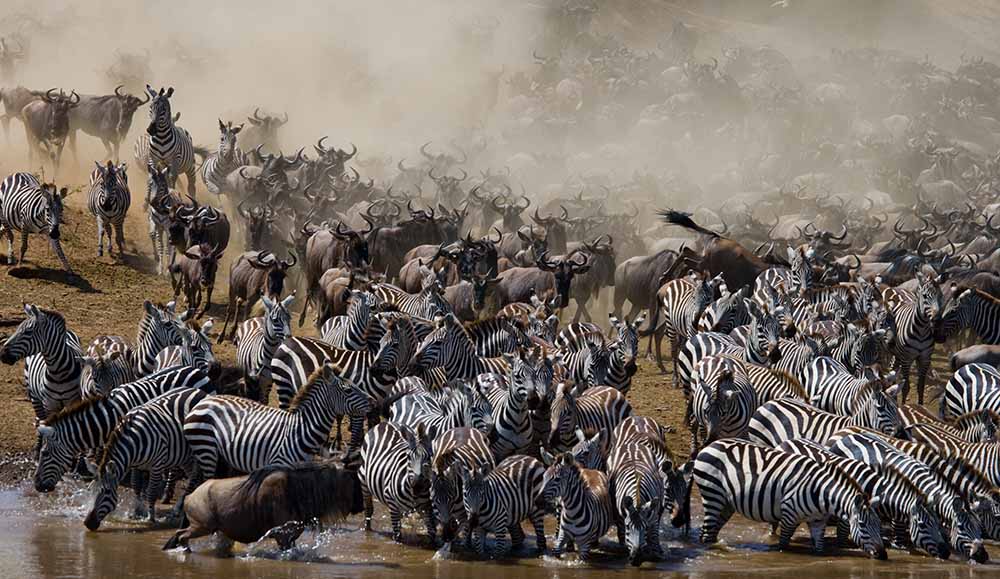What to Pack for an African Safari: Clothing & Essentials
Before setting off into the wild, knowing what to pack for an African safari ensures every sunrise drive is as comfortable as it is unforgettable.
Preparing for an African safari is thrilling, but packing smartly is just as important as choosing your destination. The right gear can make the difference between a comfortable adventure and an uncomfortable one. Here’s everything you need to know about what to pack for an African safari — from clothing choices to essential accessories.
What to Pack for an African Safari: Choose the Right Safari Clothing
When packing clothes for your safari, think comfort, practicality, and muted colors. Avoid bright or dark shades that attract insects or stand out to wildlife. Instead, go for neutral tones like khaki, olive, beige, and tan. Lightweight, breathable fabrics such as cotton or quick-dry materials are ideal for hot days and cool evenings.
Pack a mix of short- and long-sleeved shirts to protect your arms from both the sun and mosquitoes. Long, lightweight trousers are better than shorts when exploring bushy areas. Remember to include a warm fleece or light jacket, as mornings and nights can get surprisingly chilly, especially in higher-altitude parks like the Serengeti or Ngorongoro.
What to Pack for an African Safari: Footwear for Every Terrain
A safari isn’t just sitting in a vehicle. You’ll often step out for walks, village visits, or short hikes. Bring a pair of sturdy, comfortable walking shoes or light hiking boots with good grip. For downtime at the lodge or during transfers, pack sandals or slip-ons.
If you’re visiting during the rainy season, consider waterproof footwear or quick-dry hiking shoes. It’s also smart to pack a few pairs of breathable socks to prevent blisters and discomfort after long days outdoors.
What to Pack for an African Safari: Essential Safari Accessories
Accessories can make your experience more convenient and enjoyable. A wide-brimmed hat or cap protects you from the sun, while a good-quality pair of polarized sunglasses reduces glare during game drives. Sunscreen and insect repellent are absolute must-haves — look for DEET-based repellents for maximum protection.
A light scarf or buff can serve multiple purposes: shielding your neck from the sun, protecting your face from dust, or keeping you warm in the morning chill. Don’t forget a reusable water bottle to stay hydrated throughout the day. Many lodges offer refill stations, making it an eco-friendly choice too.
What to Pack for an African Safari: Tech & Photography Gear
A safari offers once-in-a-lifetime photo opportunities, so be sure to pack a camera with a zoom lens or a good-quality smartphone with extra memory cards. Bring spare batteries and a power bank, as charging options can be limited during long drives.
Binoculars are also essential for spotting animals from a distance — even a compact pair adds immense value. If you’re a journaling type, a small notebook to record sightings or reflections can become a cherished souvenir later on.
What to Pack for an African Safari: Toiletries and Health Essentials
Most lodges provide basic toiletries, but it’s wise to carry your own small kit. Include hand sanitizer, wet wipes, lip balm, and travel-sized shampoo and lotion.
For health and safety, pack a personal first-aid kit with pain relievers, motion sickness tablets, and any prescription medications. If you’re traveling to regions with malaria, consult your doctor about preventive medication before departure.
What to Pack for an African Safari: Travel Documents and Safari Must-Haves
Keep your travel documents organized and easily accessible. Bring your passport, travel insurance details, and copies of your safari itinerary. Store them in a waterproof pouch or folder.
Other useful items include a flashlight or headlamp, extra ziplock bags for dust protection, and a small backpack for daily essentials.
Final Safari Packing Tips
When in doubt, pack light — most safari flights have luggage limits, and soft-sided duffel bags are preferred over hard suitcases. Prioritize versatility and function over fashion. Most importantly, remember that simplicity is key: you’re here to experience the wild, not to worry about what you’re wearing.
With these clothing tips and essential items, you’ll be fully prepared for the adventure of a lifetime. Whether it’s sunrise over the Serengeti or a quiet evening by the campfire, being well-prepared lets you focus on what truly matters — the thrill of the African safari.


